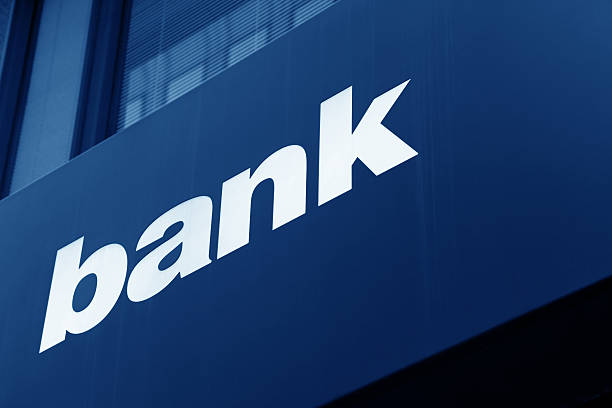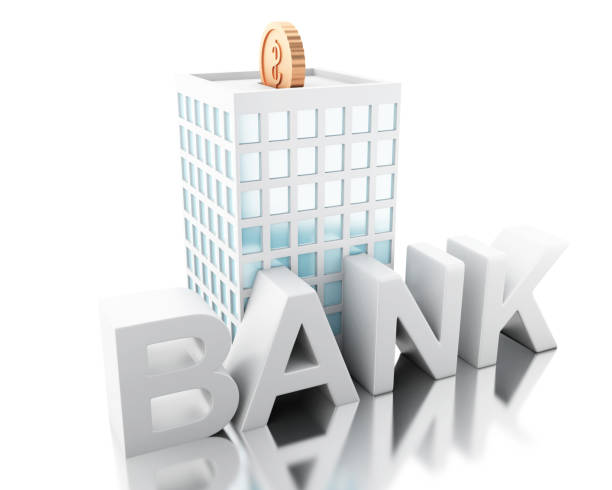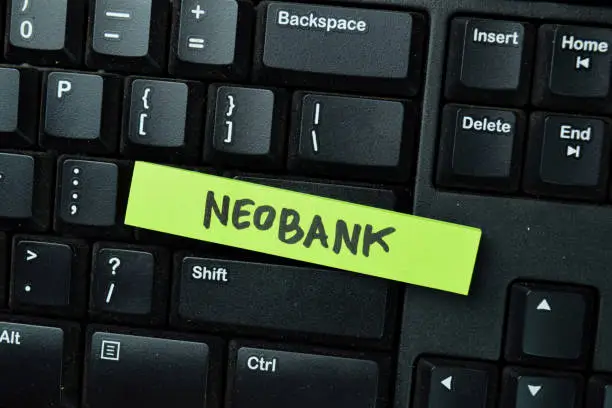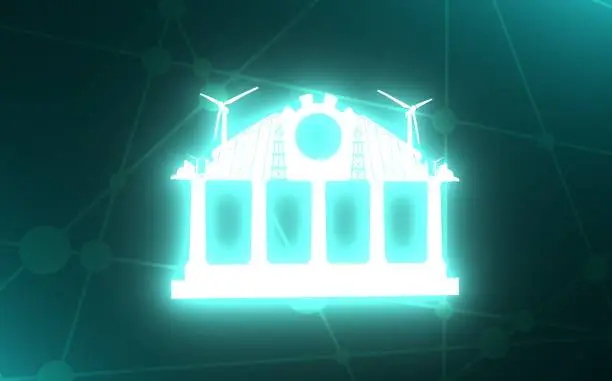Dai is a stablecoin whose price is maintained as closely as feasible to one US dollar by a network of consensus mechanisms and decentralized users. It is retained and governed by MakerDAO. Dai and MakerDAO are regarded as the first decentralized financial model to have widespread popularity.
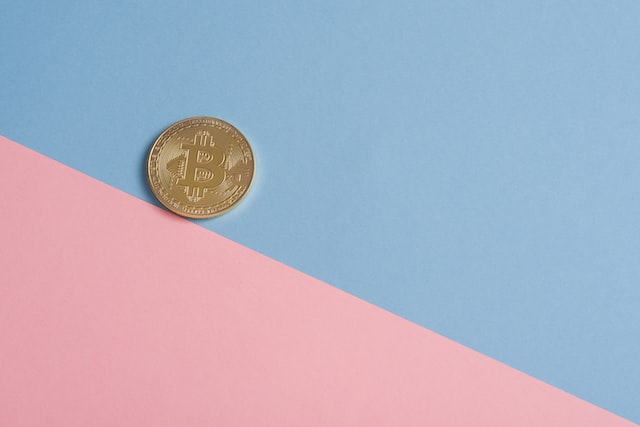
When carried out properly, DAI can be a successful asset. The buying, selling, or holding of the token transaction fees were first imposed on DAI to keep the system from becoming clogged with spam operations. They now serve as a means of rewarding miners for maintaining the transactions’ maximum speed.
More information regarding DAI transaction fees, including strategies to cut expenses, is provided below.
DAI service charges
Exchanges often impose fees as a flat rate or as a proportion of transactions. Channels with more robust trading capabilities frequently employ maker-taker fees, a payment structure based on variations in trade value. You will be required to pay a “taker” fee if you purchase at the going market rate. Alternatively, you might decide on a value at which to acquire and then watch for the price to rise to that level. That is referred to be a limit order, and a “maker” fee is charged.
Below is a comparison of the DAI service fees from different cryptocurrency exchanges.
- Coinbase
For each transaction you make with Coinbase, there is a cost. The precise sum varies according to the chosen payment method and the total amount bought. However, the typical transaction costs for cryptocurrencies are comparatively expensive. At vpimbase, DAI withdrawal fees are 0.65 dollars. Trading with a debit or credit card costs 3.99%, while trading using the Coinbase currency amount costs 1.49%.
- Coinone
Whenever Coinone trades with DAI, a transaction duty of $1 is applied. The network charge fixed fees, which means that both producers and buyers are subject to the same amount. For both buyers and manufacturers, it levies a 0.20% fee. This is following the sector average, which has often been in the range of 0.25%.
- CoinEx
The proposed flat rate of the network for crypto trade is 0.20%. This price is comparable to the average for the industry, which may be anywhere between 0.20 and 0.25%, however, more companies are heading toward even cheaper rates (like 0.10%). When removing DAI, the platform costs up to $1.50.
- Liquid
Liquid offers a unique levy structure. It takes 0.30% in trading commissions. Liquid’s fees are just a little higher than the global market average, which is roughly 0.25%. But this exchange doesn’t charge producers any fees, which helps the exchange’s stability. Consumers are charged $2.50 by the platform when they withdraw tokens.
- OKEx
DAI investors are charged $3.20 by this platform. Trading costs on OKEx are 0.1% for makers and 0.15% for consumers, making it one of the most affordable exchanges. These fees, along with the vast array of currencies accessible, make this marketplace particularly intriguing for investors and dealers.
- Kraken
Kraken withdrawal costs are unpredictable; you will be levied charges based on the stability of the platform. The estimated withdrawal cost for DAI would be $3.55. All coins, including DAI, are free to deposit on Kraken.
- kukoin
Based on your grade status, it provides a graded maker/taker charge structure with the trading amount varying from 0.0125% to 0.1%. On a DAI transaction, $6 is charged. In comparison to rivals, which may demand up to 0.50% for every exchange, its charges are comparatively cheap.
- OKCoin
DAI transfers and tradings on Okcoin using a checking account are entirely free. Debit card deposits are also permitted, although there is a 3.99% fee.
- Bithumb
The platform’s creator fee or consumer fee varies between 0.04% and 0.25%. The type of voucher the user buys determines the precise transaction fees. A 0.25% voucher is available for new customers. The high-frequency traders may have discounts between 0.04% and 0.045%.
